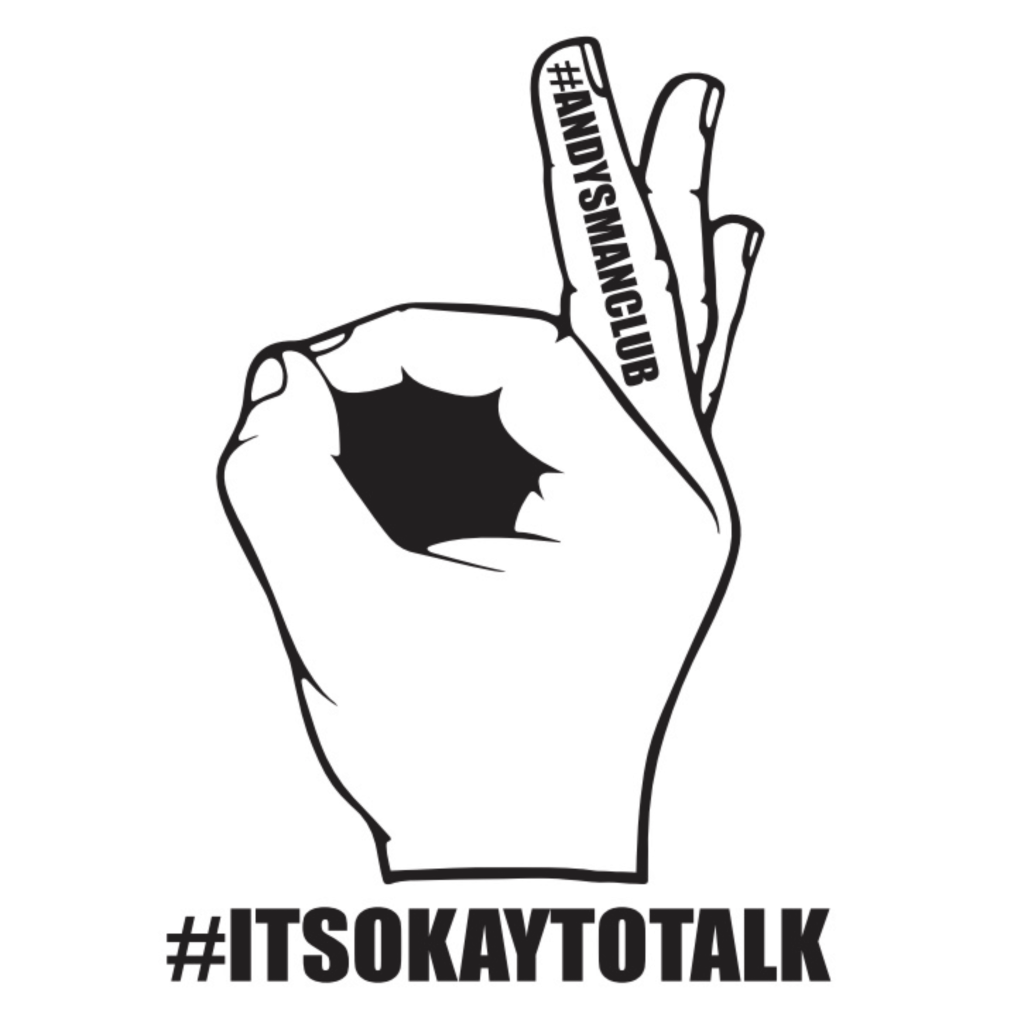The Hidden Strain of Work on Men’s Mental Health
For many men, work is more than just a job. It is a source of identity, pride and purpose. But with this deep connection to career success often comes intense pressure, chronic stress and emotional strain. From long hours and high expectations to redundancy fears and toxic work environments, the challenges of modern work culture can take a serious toll on mental health.
Despite how common these issues are, many men feel unable to speak up. Whether it is fear of appearing weak, worries about job security or simply not knowing where to start, men often bottle up their stress until it reaches breaking point. Understanding the signs of workplace burnout and knowing how to respond can make a big difference.
What Causes Workplace Stress in Men
Workplace stress comes from more than just having a heavy workload. It can also be linked to job insecurity, poor management, lack of control or even unrealistic expectations placed on men to succeed and provide. Common sources of workplace stress include:
- Long hours and lack of work-life balance
- High-pressure roles with little support
- Fear of redundancy or financial instability
- Poor relationships with managers or colleagues
- A culture that discourages vulnerability or asking for help
These pressures are often made worse by the belief that men must always be productive, capable and in control. Over time, this mindset can create a build-up of stress that leads to burnout.
Signs of Burnout at Work
Burnout is more than just being tired. It is a state of emotional, physical and mental exhaustion caused by prolonged and unmanaged stress. Some signs to look out for include:
- Constant fatigue, even after rest
- Cynicism or lack of motivation about work
- Difficulty concentrating or making decisions
- Irritability or emotional outbursts
- Physical symptoms like headaches or muscle pain
- Increased use of alcohol, caffeine or other coping habits
- Feeling detached, hopeless or trapped
Burnout can affect performance, relationships and overall wellbeing. Many men ignore the signs until they are forced to stop, either through mental breakdown or physical illness.
Toxic Work Culture and Masculinity
In many industries, workplace culture rewards overwork and discourages openness. Phrases like “man up” or “push through it” create an environment where men feel they cannot be honest about how they are coping.
Some workplaces equate long hours with dedication and discourage breaks or boundaries. In these settings, taking care of your mental health can be wrongly seen as weakness rather than wisdom. This toxic mix of masculine expectations and performance pressure stops many men from seeking the help they need.
The Impact of Redundancy and Job Insecurity
Losing a job or facing uncertainty at work can have a huge impact on mental health. For men who tie their identity to their role or earning ability, redundancy can lead to shame, anxiety and loss of self-worth. It can also strain relationships, increase financial pressure and leave men questioning their future.
Even the fear of redundancy can cause ongoing stress. Men in unstable or changing industries may feel on edge all the time, worrying that any slip-up could cost them their position.
Rebuilding Healthier Work Habits
If you are struggling with workplace stress, know that you are not alone and there are steps you can take to regain control.
Set Clear Boundaries
- Define clear work hours and stick to them
- Take regular breaks throughout the day
- Avoid checking emails or taking work calls during time off
Prioritise Wellbeing
- Make time for sleep, exercise and proper meals
- Use annual leave to fully rest and reset
- Schedule in activities you enjoy outside of work
Speak Up if You Are Struggling
- Talk to your manager or HR if you need support
- Share concerns with trusted colleagues or friends
- Remember that asking for help is a sign of strength
Reassess Your Values
- Reflect on whether your current job aligns with your personal values
- Consider whether a change in role or industry might support your wellbeing
- Explore career coaching or mentoring for guidance
How Therapy Can Help with Workplace Mental Health
Therapy offers a confidential space to explore the challenges you are facing at work and how they are affecting your mental health. It can help you:
- Understand and manage stress or burnout
- Rebuild self-worth after redundancy or job insecurity
- Improve work-life balance and set healthier boundaries
- Process feelings of frustration, anger or anxiety
- Develop strategies to navigate toxic work environments
You do not have to choose between your career and your mental health. Therapy can support you in finding a balance that works for you. Men’s Therapy Hub connects men with therapists who understand the pressures of modern work life and can help you find clarity, confidence and control.















